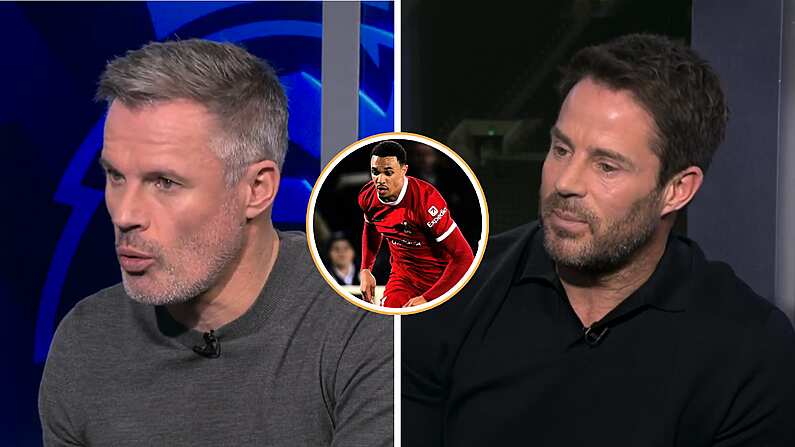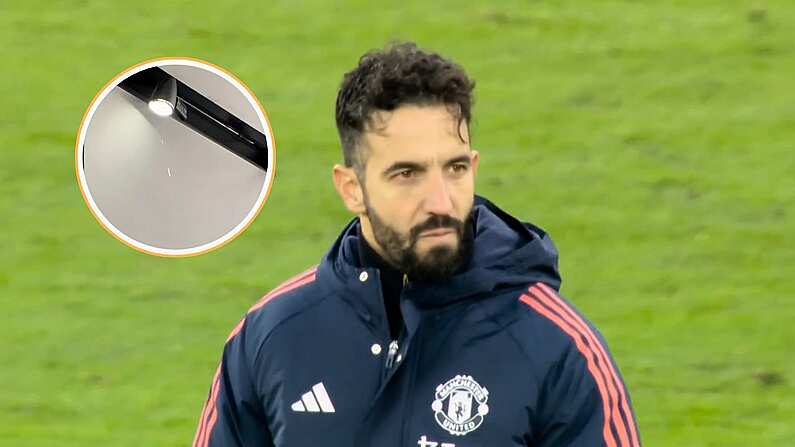There has already been a lot of real and virtual ink dedicated to the sacking of David Moyes by Man Utd. These are some of the best articles we're read on the subject so far.
Including, Ken Early's three-week-old but very relevant piece on who is to blame for the fiasco, Jonathan Wilson on the stats of Moyes' reign and Simon Kuper on why the club's troubles run deeper than just having to replace a manager.
United We Fall
Three weeks ago, Ken Early wrote this piece for Slate.
Ferguson believed he had left David Moyes with a winning hand. “It was important to me to leave an organisation in the strongest possible shape and I believe I have done so,” his retirement statement read. “The quality of this league winning squad, and the balance of ages within it, bodes well for continued success at the highest level whilst the structure of the youth set-up will ensure that the long-term future of the club remains a bright one.”
It’s clear now that the squad and the youth setup was only the hardware of the United system. The software that made it work was all in Ferguson’s head. How do you hand over the keys to a kingdom of the mind?
Should United have persevered with Moyes
Miguel Delaney in The Irish Examiner
At the remove of a year, it remains remarkable Alex Ferguson could choose so poorly; that a historic figure always so adept at adapting to the changes in the game couldn’t recognise the inherent ceiling of his replacement’s abilities.
Let’s make no mistake. Moyes is a very good manager for a certain type of team. But he was never good enough for this job. Ferguson made a huge mistake. It is difficult not to escape the feeling he simply had an affinity for his younger compatriot and that clouded his judgement.
Results, delusions, atmosphere made Moyes' firing inevitable
John Brewin on ESPN FC
On Sunday, Moyes and assistant Steve Round flipped through a PowerPoint presentation of set pieces on the sidelines at Goodison as progressive Everton picked United apart. United -- a club prided on fearless, attacking football amid bad times as well as good -- was being managed by a man who sought the same answers as a commonplace Football League manager. A post-match verdict that his team had played well was poppycock. "We had good play, we had good control of the game," said Moyes, defying all logical critiques of a deserved defeat. With such delusion did he deliver the epitaph of unsuitability for a job clearly too big for him.
Stats Show United Decline Prior to Moyes
Jonathan Wilson on Whoscored.com
What the figure does do, though, is confirm a perception that United under Moyes were sluggish, that they lack the brio and dynamism of old. And, of course, there are knock-on effects: if an opponent is no longer afraid of United’s counter-attacking, they can push higher up the field and commit more men to their own forays.
Manchester United’s biggest problem is not selecting next manager
Simon Kuper in the Financial Times
The bigger problem for any new manager is that United’s golden age may be over. From 2008 through to 2011, the club enjoyed statistically its best period: three English titles and three Champions League finals, one of which was won. Those days aren’t coming back, not even if the Glazers meet expectations by spending close to £200m on new players this summer. Given the inflation at the top end of the transfer market, and United’s need for several world-class players, even £200m might not be enough to match Chelsea or Manchester City. Ferguson could compete with them despite United’s lower spending, but then Ferguson was an almost unmatched overachiever.










